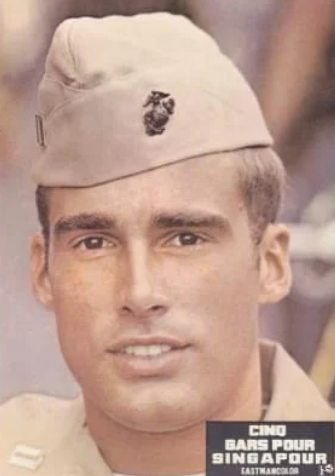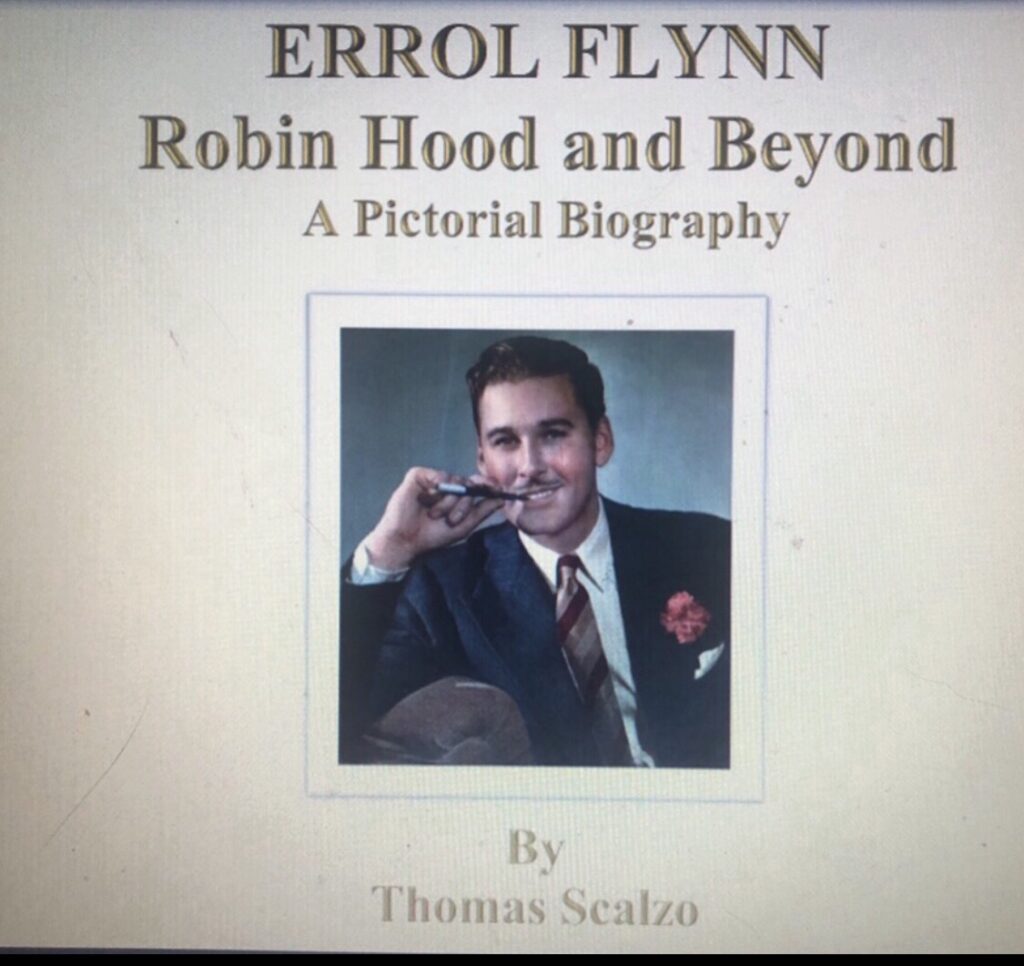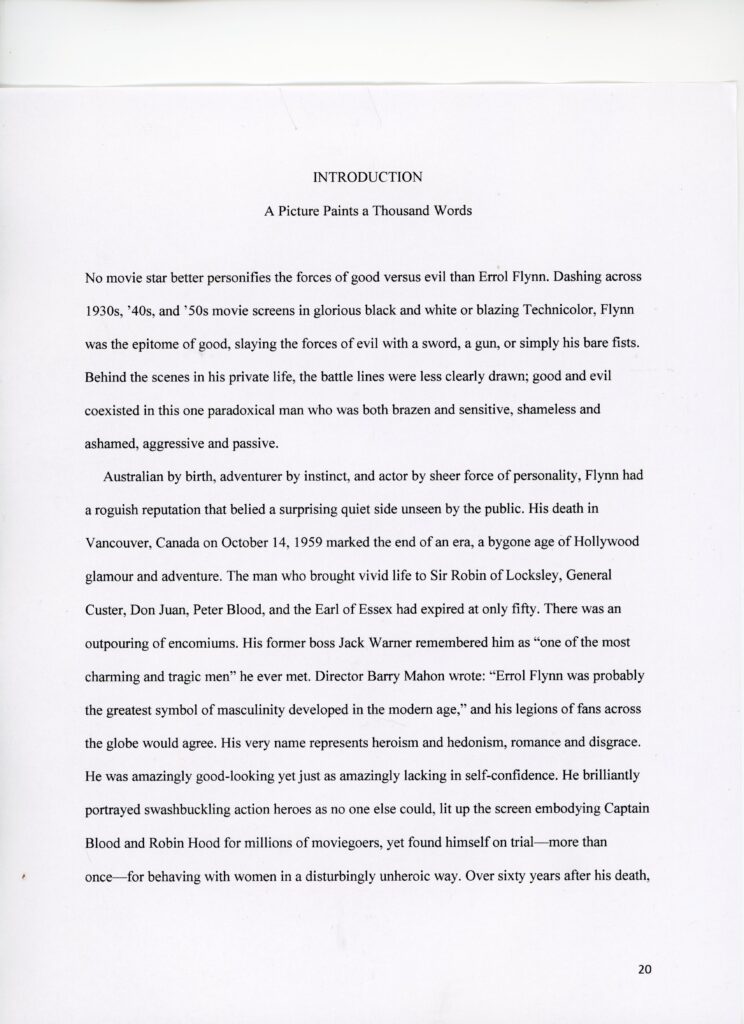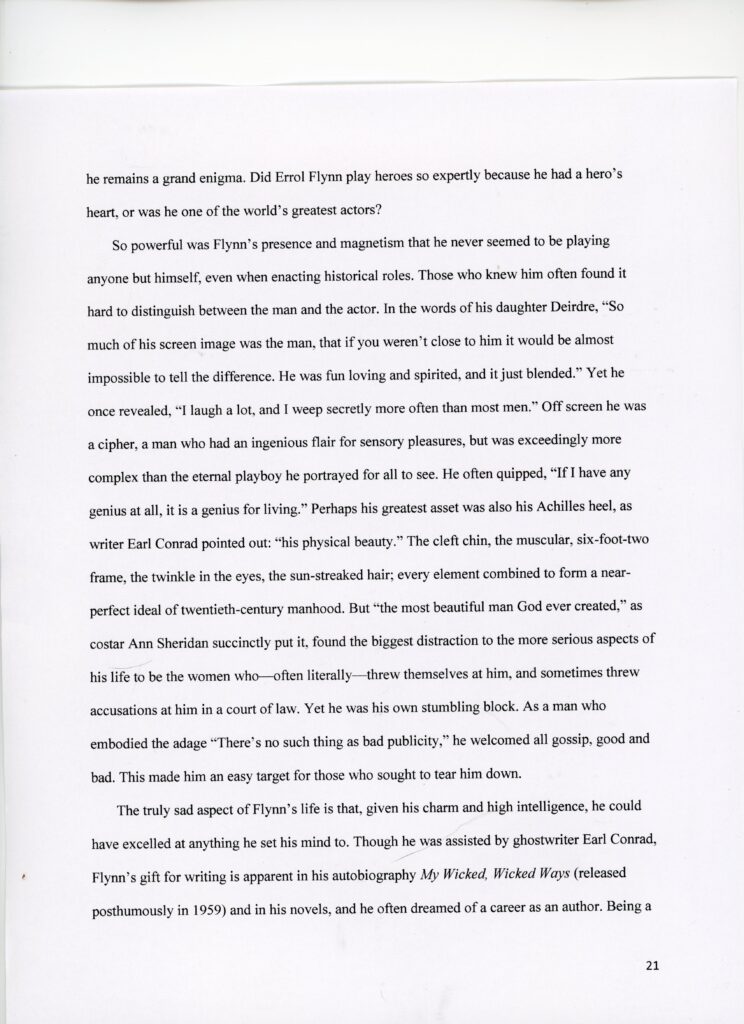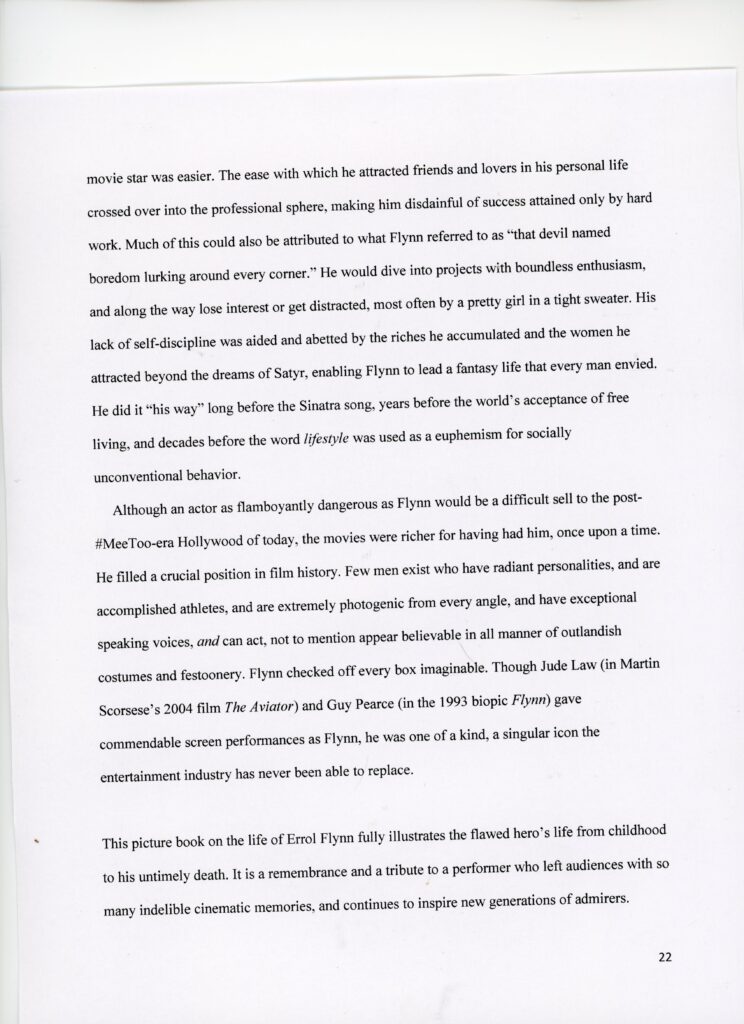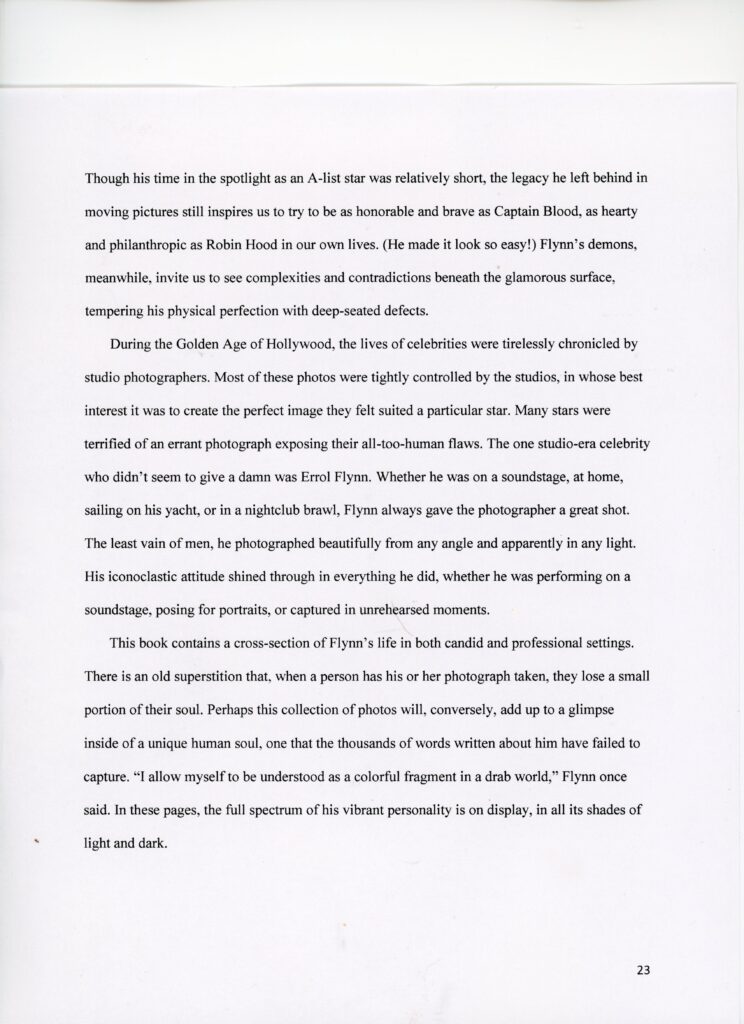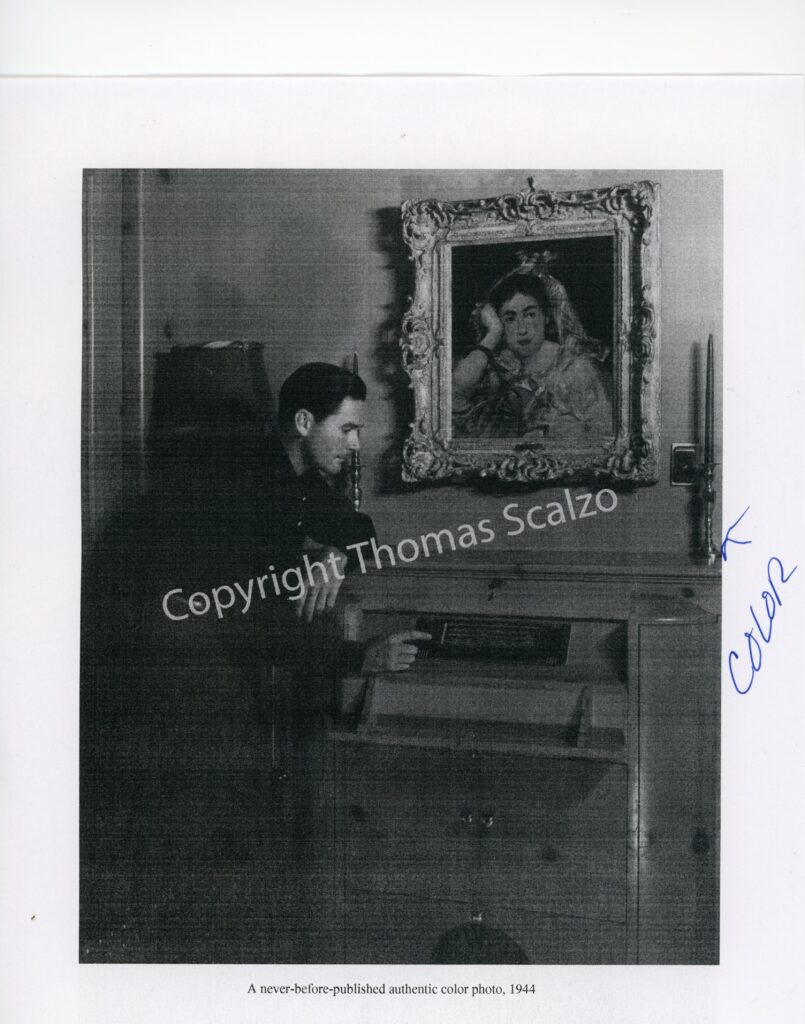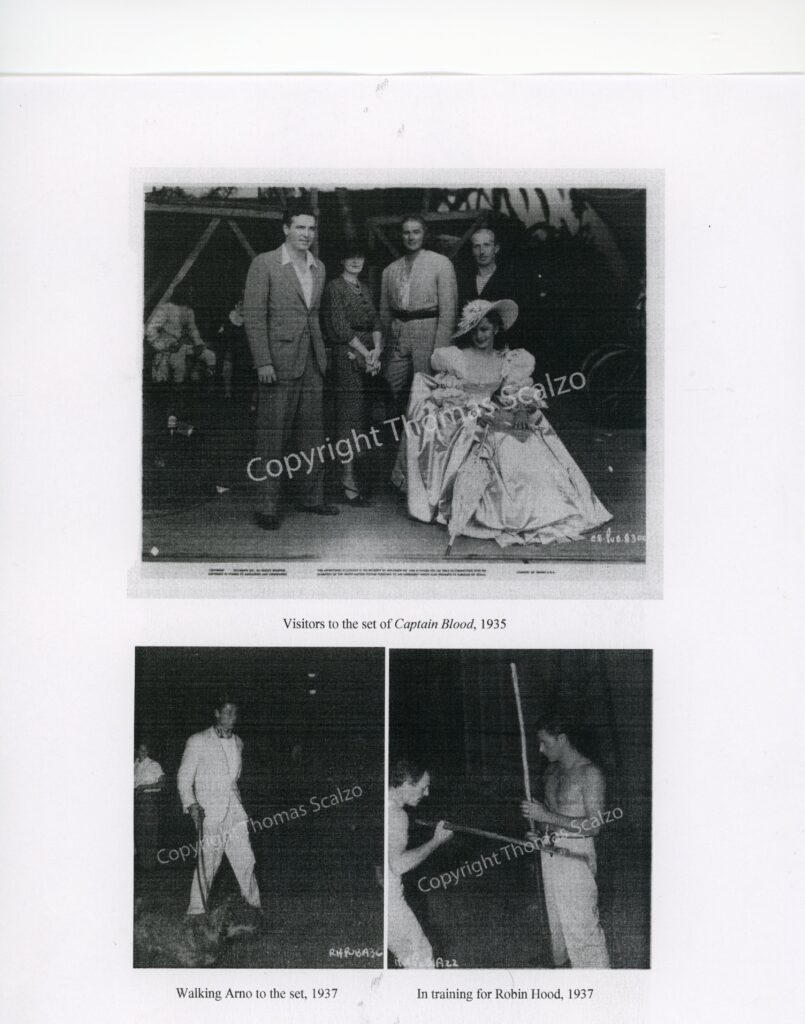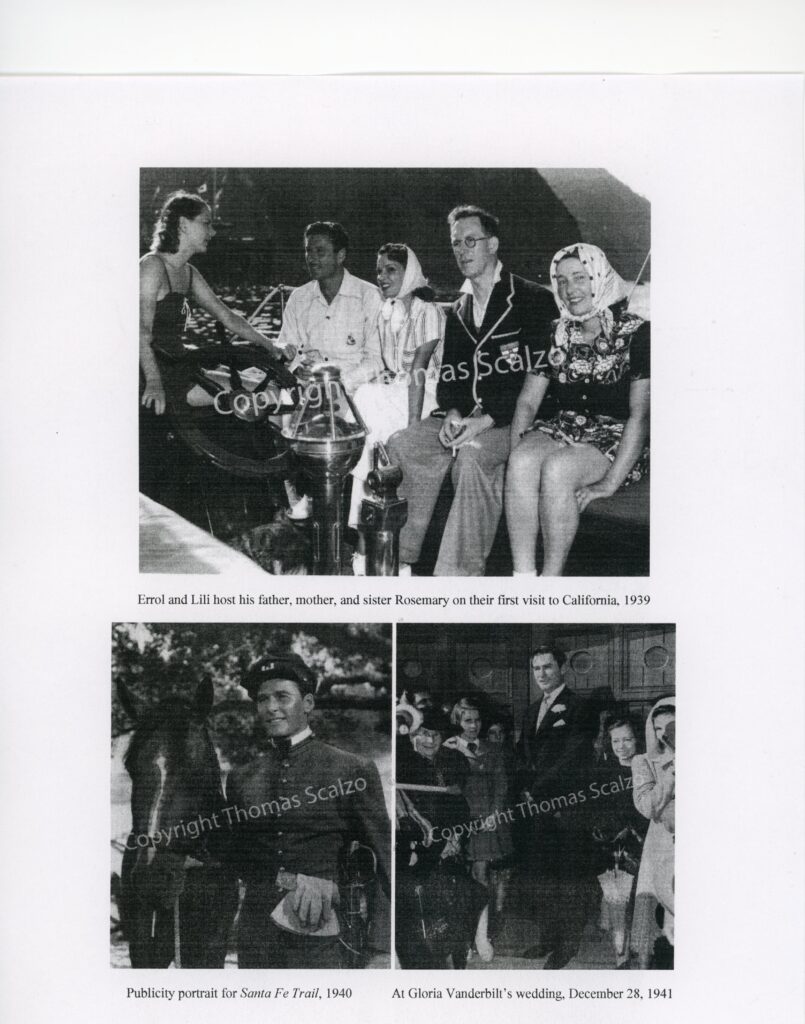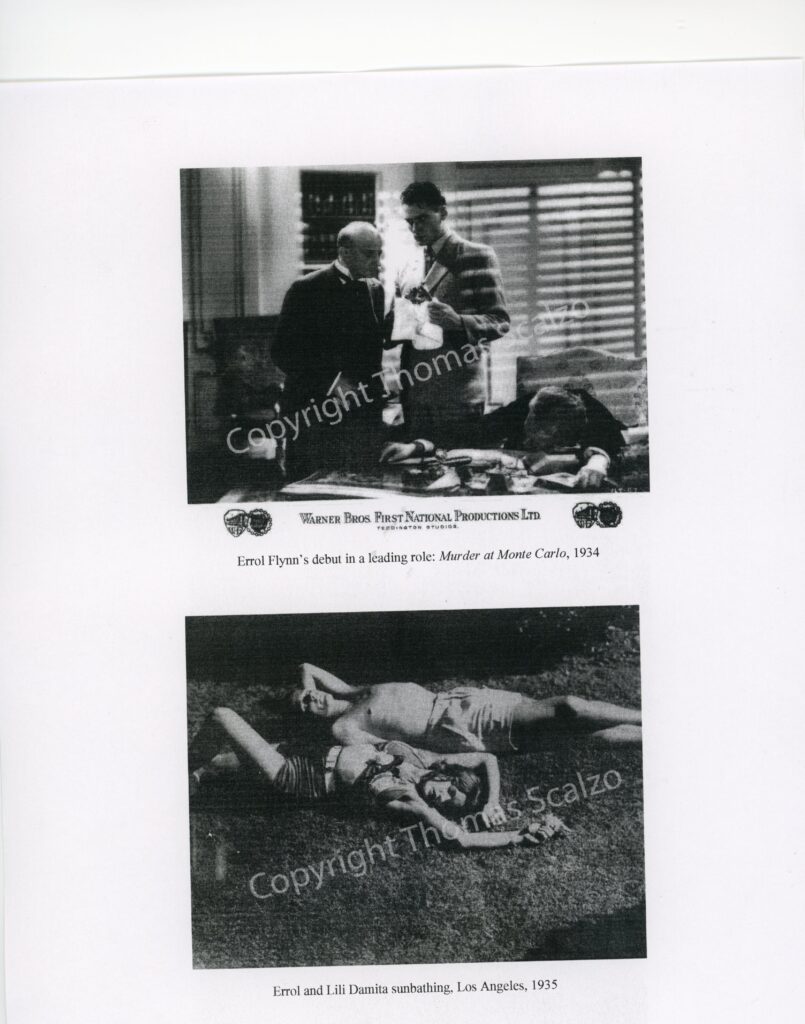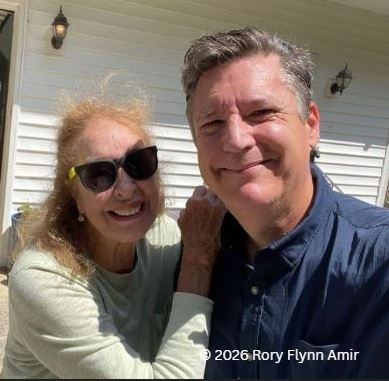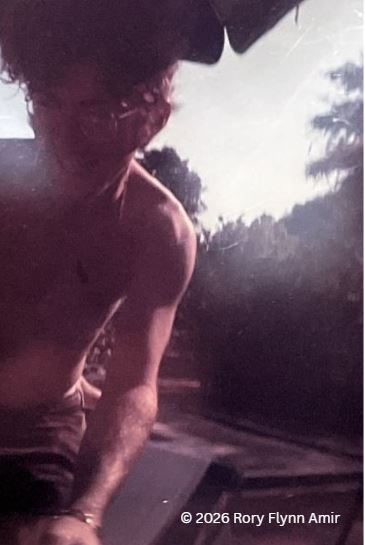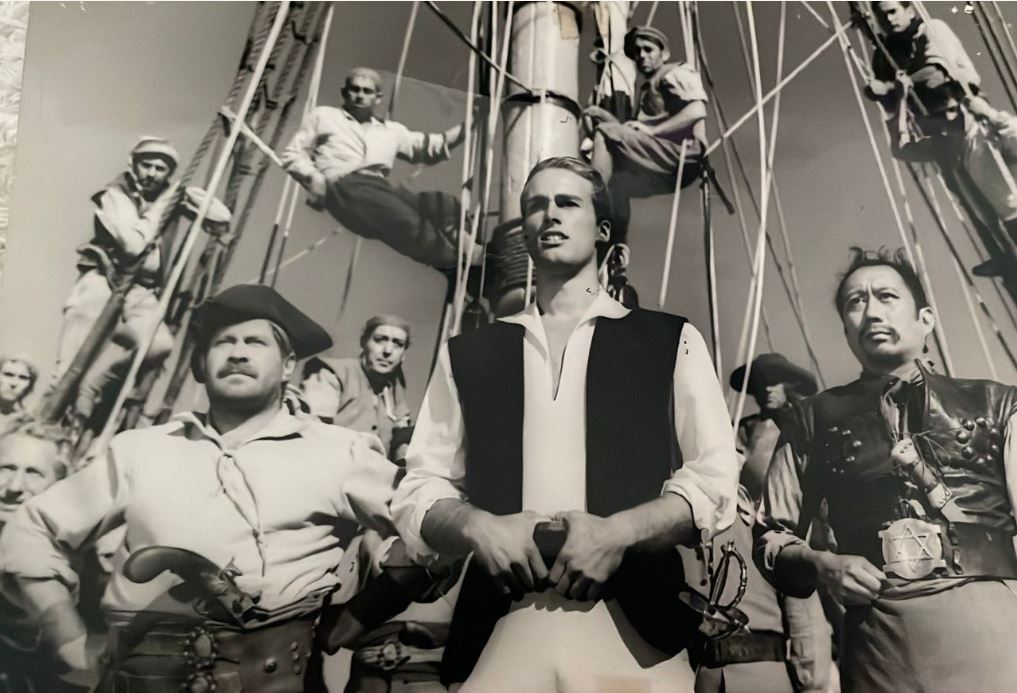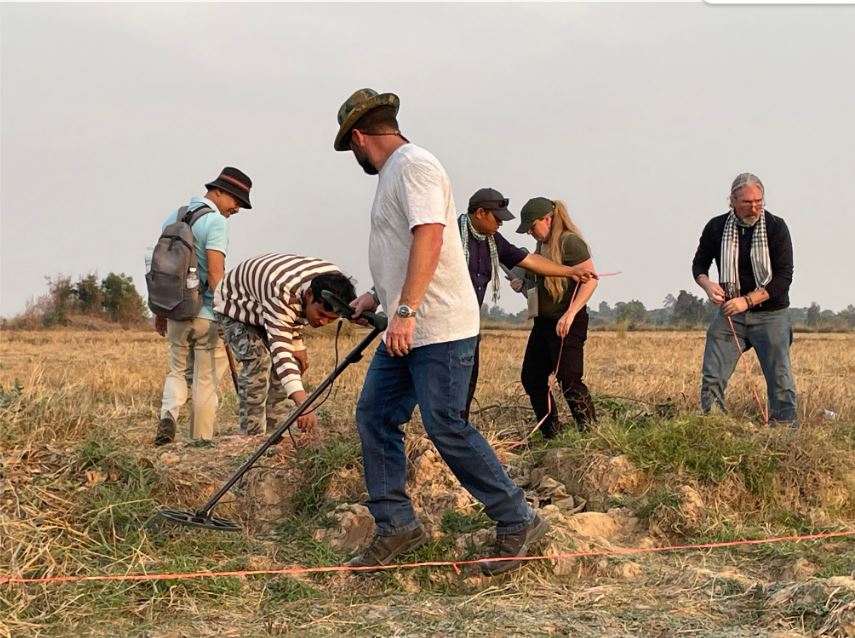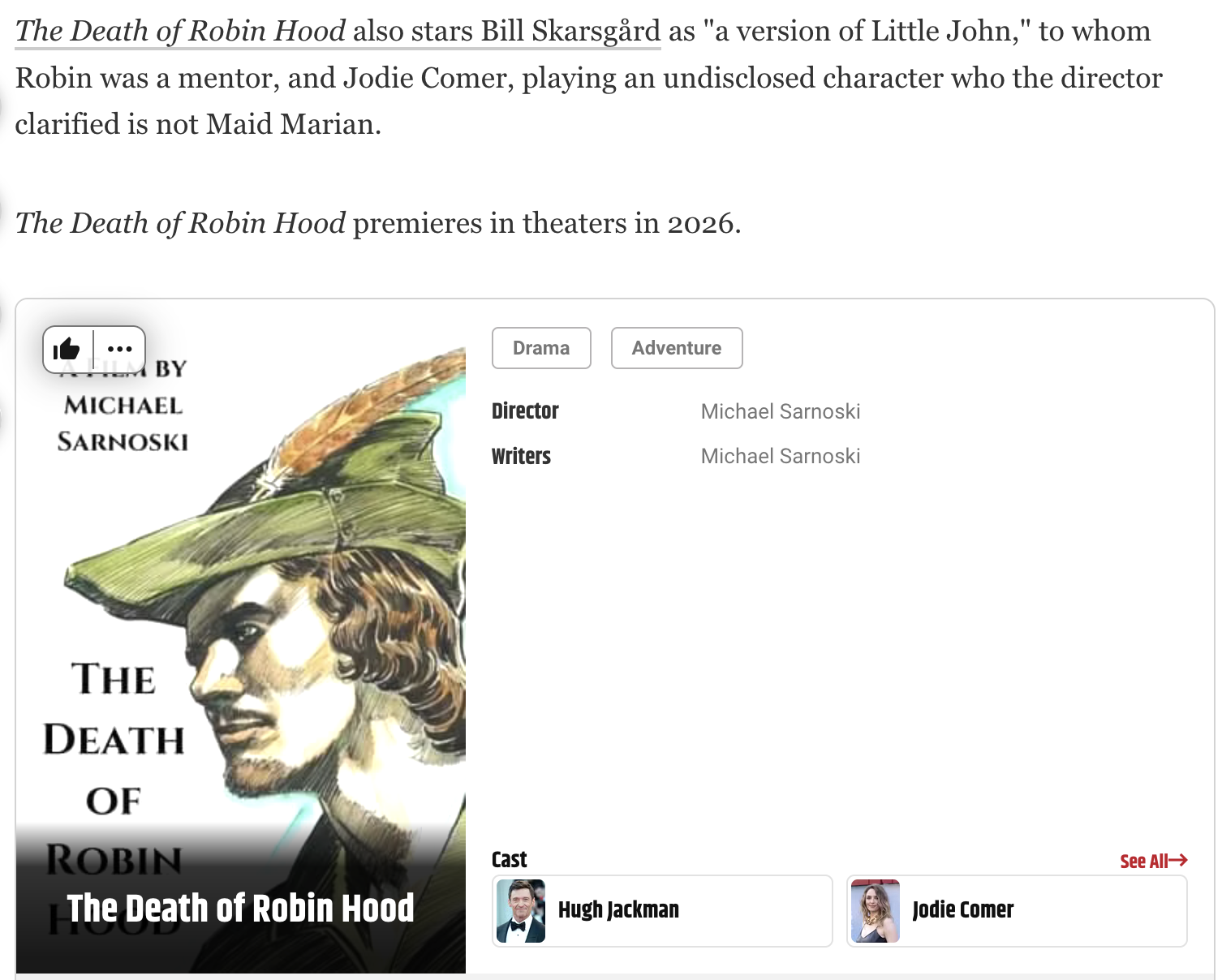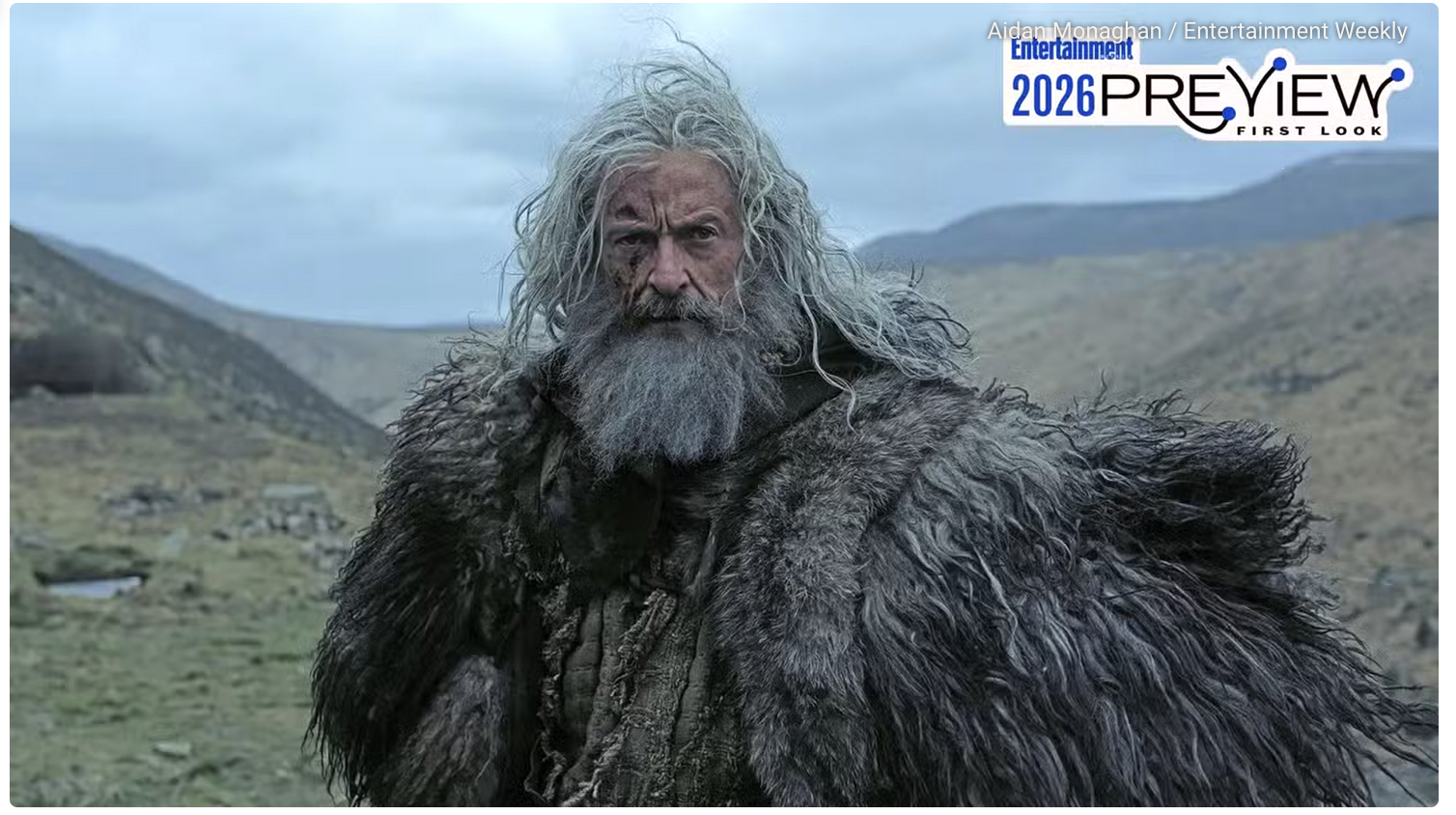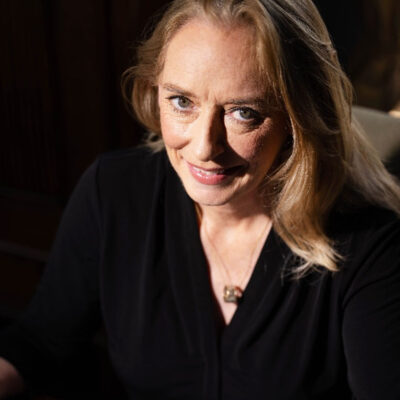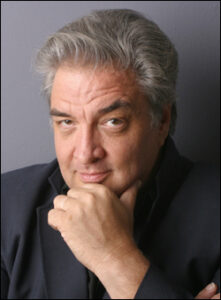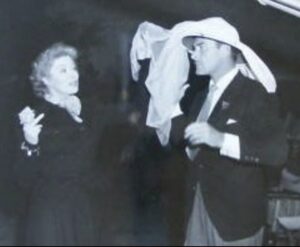It is not too late to help Rory Flynn and Mike Luering, and Tours of Duty to go search for Sean Flynn!
Tours of Duty is preparing to return to Cambodia to continue the search for Sean Flynn and the journalists who disappeared more than 55 years ago. The mission is moving forward with optimism—and support right now will directly strengthen what the team can achieve on the ground.
This is a moment for those who believe in truth, history, and bringing closure to families still waiting.
Join the effort. Share, donate, and help carry this mission of hope forward.
Sean Flynn didn’t just report the war.
He fought in it.
In Cambodia in 1970, Sean Flynn — a photojournalist and the son of Errol Flynn — was credited by U.S. Special Forces with fighting alongside Green Berets during combat operations.
In one documented incident, Sean is widely credited with helping save an Australian platoon under fire, standing his ground when others could have fled.
He was not embedded for comfort.
He was there because people were dying — and he refused to turn away.
Weeks later, Sean Flynn disappeared.
He was never seen again.
⏳ WHY THIS SEARCH CANNOT WAIT
For more than 50 years, intelligence fragments, witness accounts, and field reports have pointed to specific locations in Cambodia where Sean Flynn may have been held or killed.
But Cambodia is changing rapidly:
Jungle terrain is being cleared
Development is erasing historic sites
Witnesses who knew the truth are aging or gone
If these locations are not searched now, the opportunity may be lost forever.
This mission represents one of the last viable chances to search for Sean Flynn using modern forensic technology.
THE MISSION
Tours of Duty is deploying a veteran-led recovery team to Cambodia to investigate long-standing leads tied directly to Sean Flynn’s disappearance.
This mission includes:
️ Drone and LiDAR surveys of high-probability locations
Ground verification of sites tied to witness testimony
Local interviews conducted before knowledge disappears
Field logistics that allow teams to stay long enough to work thoroughly
These tools did not exist when Sean vanished.
They exist now.
WHY SEAN FLYNN DESERVES TO BE FOUND
Sean Flynn was a son.
A brother.
A journalist who refused to be a bystander.
He stood with soldiers under fire — and then disappeared without a grave, without confirmation, without answers.
His family has lived with that silence for more than half a century.
This mission is not about fame.
It is about honor.
Sean Flynn fought for others.
Now we fight for him.
This mission may be our last real chance to bring him home — to replace rumor with truth and silence with answers.
If you believe courage deserves remembrance,
If you believe families deserve closure,
If you believe heroes should not vanish into history —
Help fund the search for Sean Flynn.
Help bring him home.
Some people document history.
Some people change it.
Sean Flynn did both.
We are going back for him.
— David DeWitt
